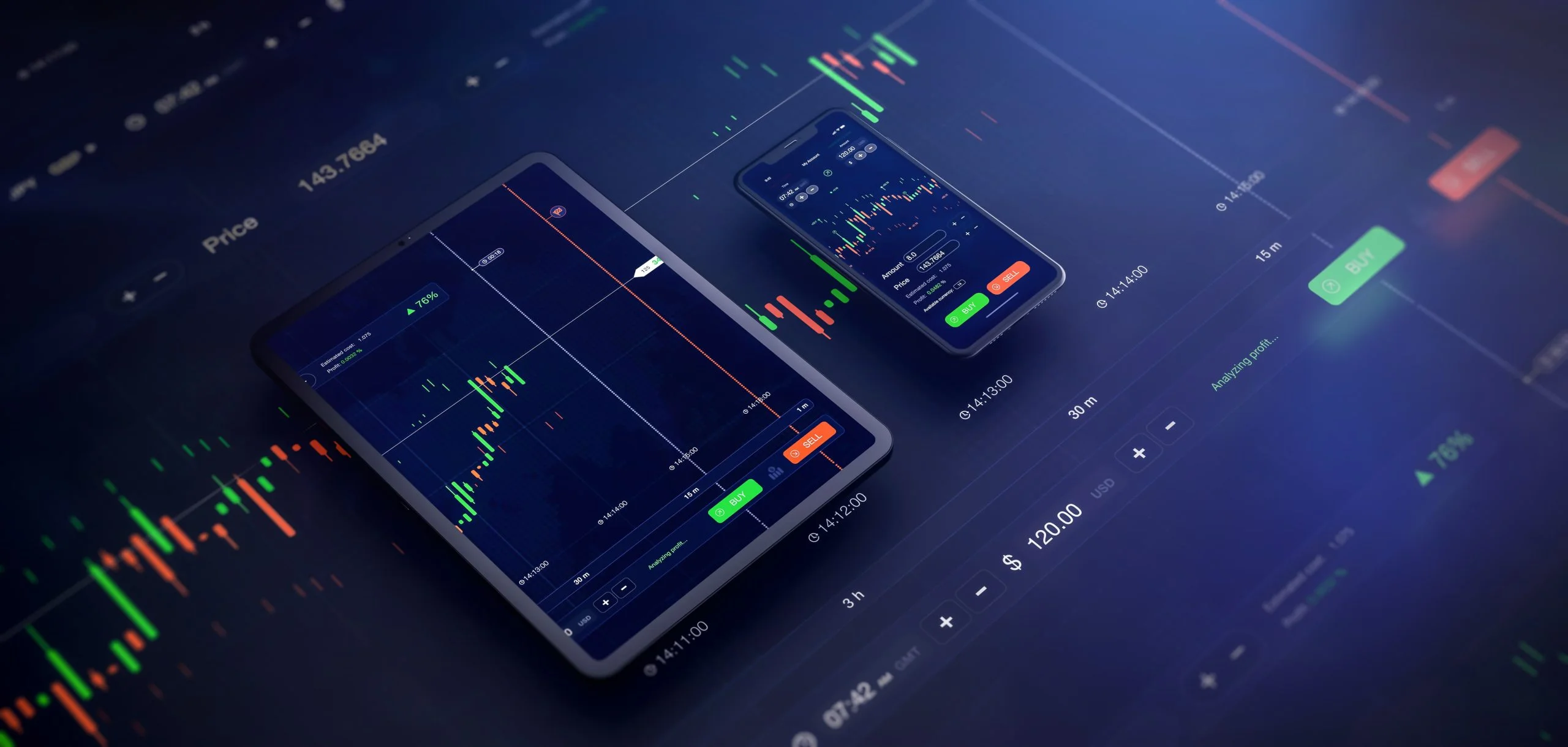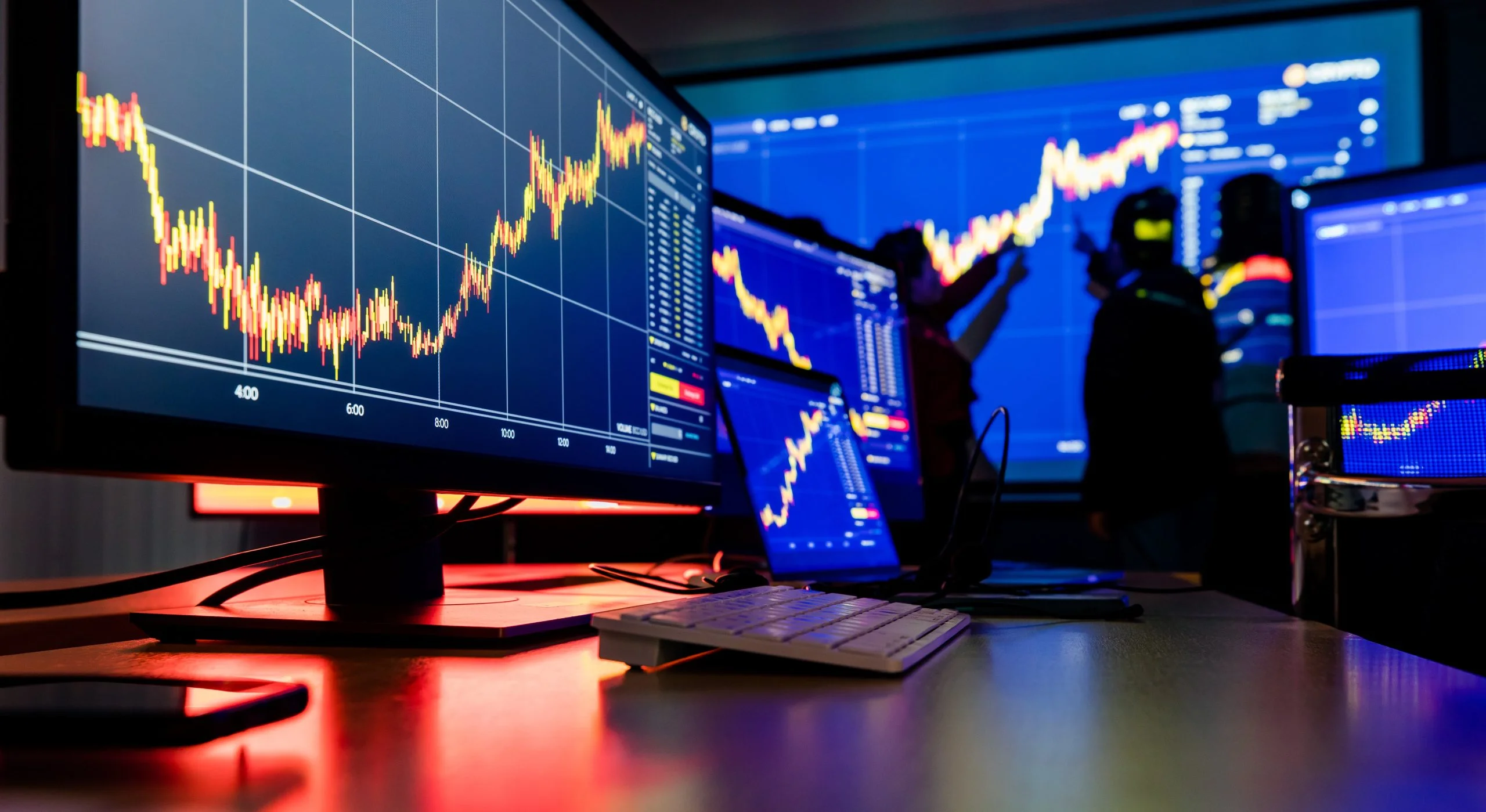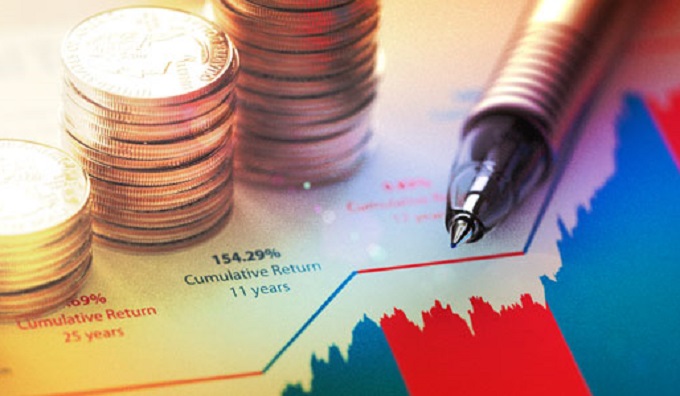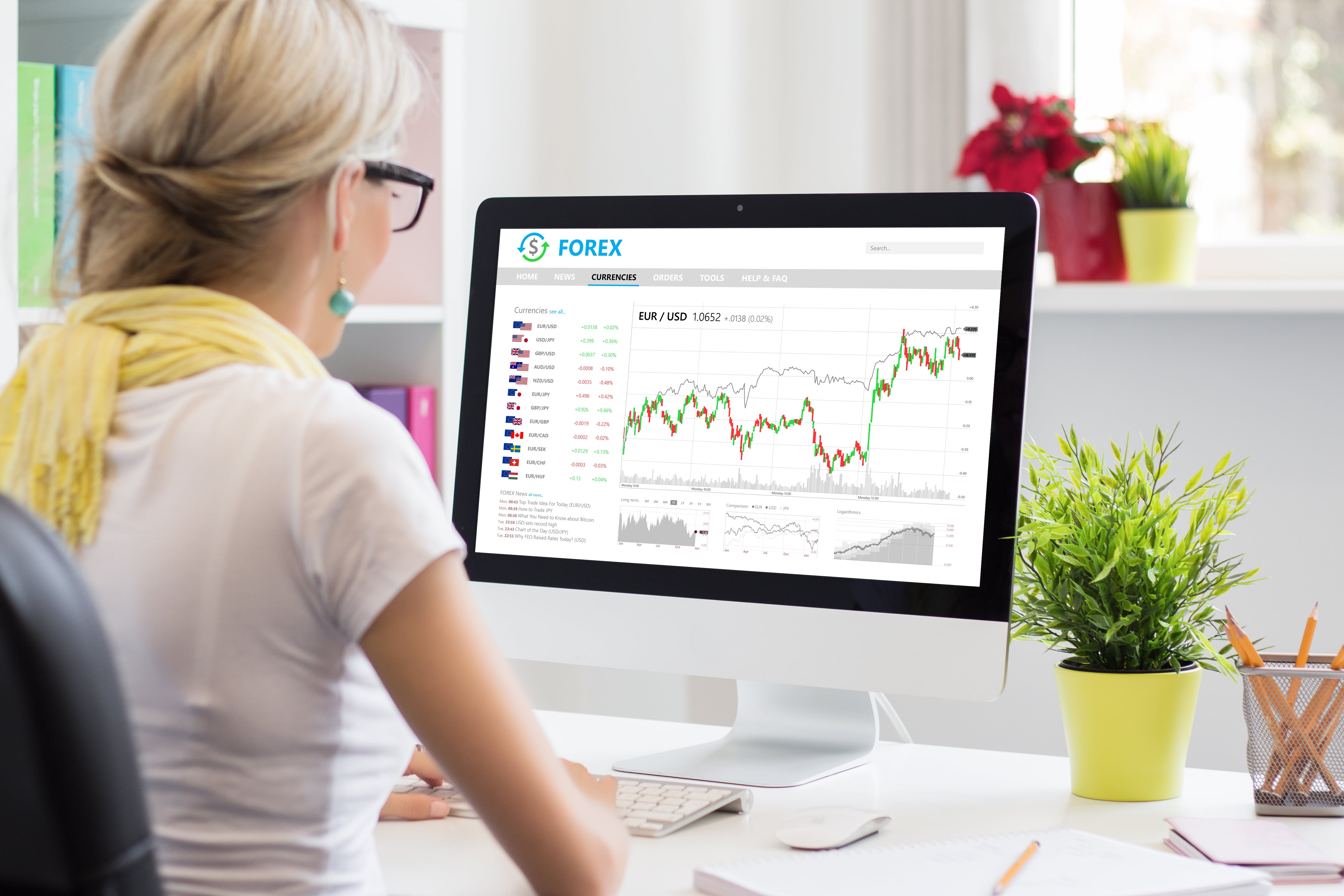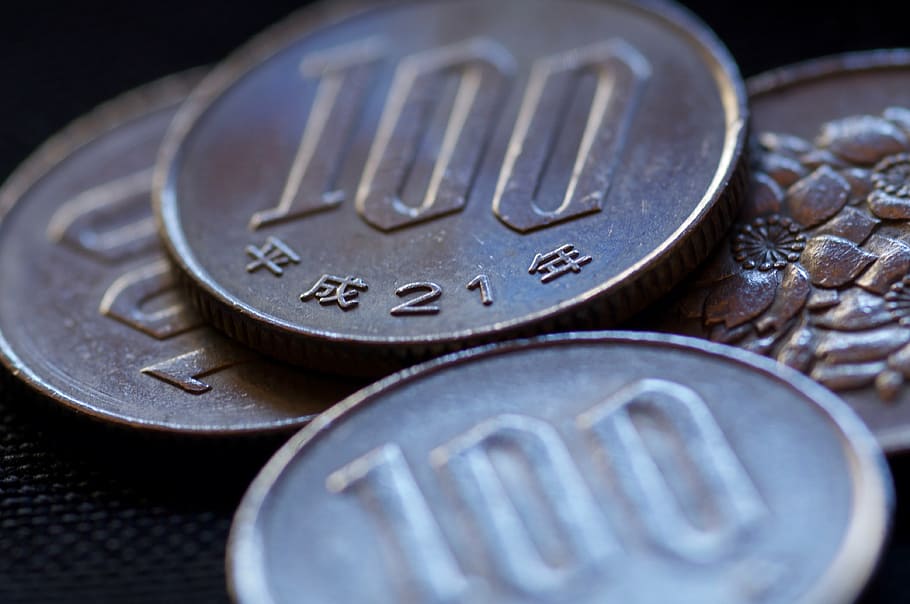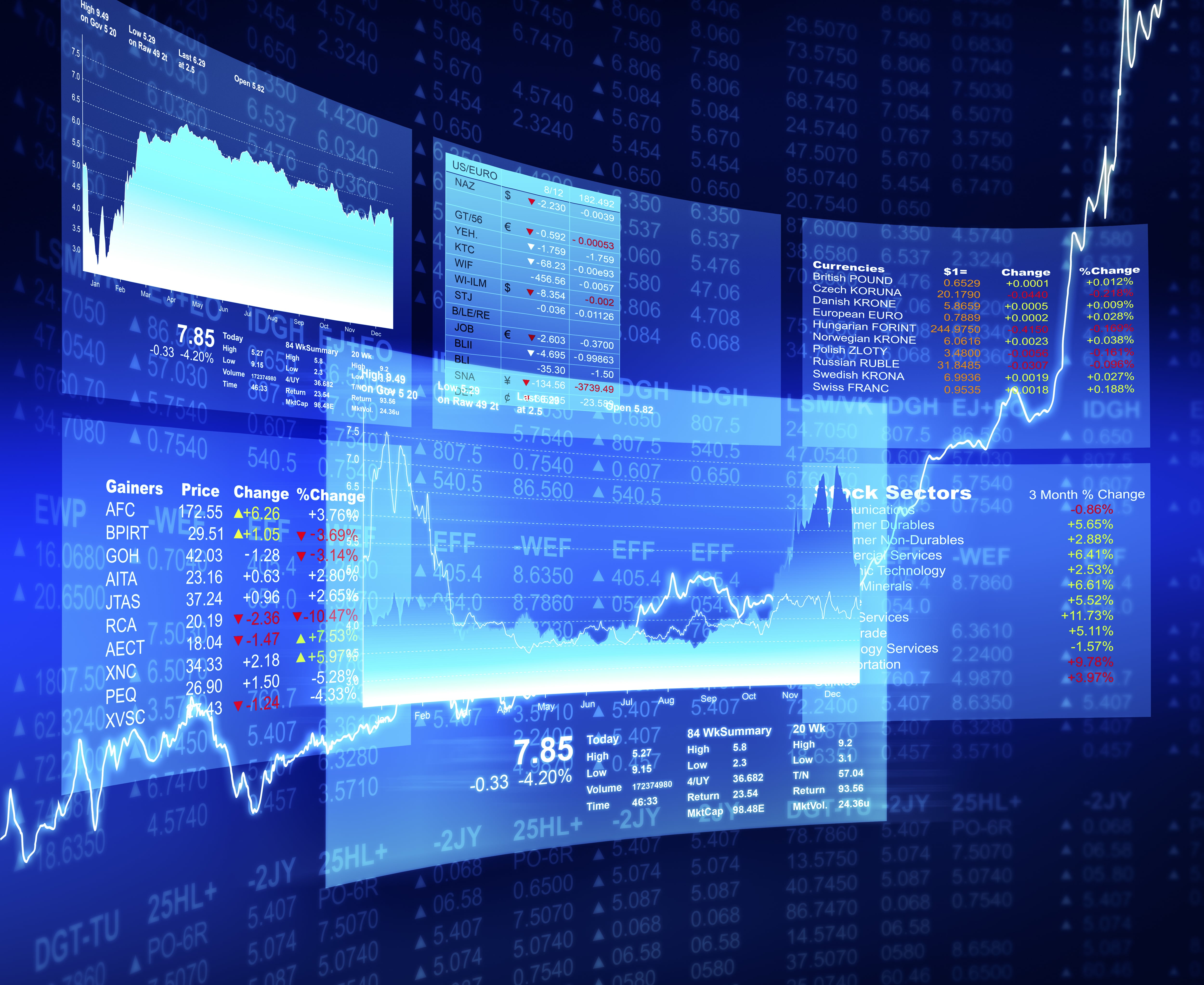Intrinsic value of a stock for Forex
Analyzing the intrinsic value of a stock is one of the fundamental techniques used by Forex traders. Intrinsic value is the "real" value of a share, i.e. what it would represent if it were not subject to market fluctuations. To calculate the intrinsic value of a share, several factors must be considered, such as the company's profits, its capitalization and so on. This technique is particularly useful for assessing whether a stock is undervalued or overvalued by the market, and therefore whether it can represent a good investment or not.
How to calculate the intrinsic value of a share?
The intrinsic value of a stock can be calculated using several methods. One of the simplest is to consider the company's profits and its capitalization. For example, if the company has a profit of 10 million euros and a capitalization of 100 million euros, then its intrinsic value will be equal to 10/100 = 0.1. This means that the company is undervalued by the market by 10%.
Another method for calculating the intrinsic value of a stock is to consider the company's profits and its P/E ratio (Price to Earnings ratio). The P/E ratio is a measure that indicates how much the market is willing to pay for every euro of company profits. For example, if the company has a profit of $10 million and a P/E ratio of 20, then its intrinsic value is 10/20 = 0.5. This means that the company is undervalued by the market by 50%.
Finally, another method for calculating the intrinsic value of a stock is to consider its capitalization and its P/E ratio. If, for example, the company has a capitalization of 100 million euros and a P/E ratio of 20, then its intrinsic value will be equal to 100/20 = 5. This means that the company is undervalued by the market. 500%.
Which method to use?
There is no "best" method for calculating the intrinsic value of a stock. Each of these methods can provide different results depending on the case. Therefore, it is important to evaluate all the factors that may affect the intrinsic value of a stock before deciding which method to use.
In conclusion, the analysis of the intrinsic value of a share is a fundamental technique to evaluate if a share is undervalued or overvalued by the market. To calculate it, several factors must be considered, such as the company's profits, its capitalization and so on. This technique can be particularly useful for investing in stocks that have a good risk-return ratio.
What is intrinsic to an option?
intrinsic to an option is the difference between the underlying stock price and the option's strike price. For example, if stock X trades at $50 and option X has a strike price of $45, then option X's intrinsic is $5.
intrinsic can be positive or negative. An option with a positive intrinsic value is called "in the money", while an option with a negative intrinsic value is called "out of the money".
price of an option can never be higher than the price of the underlying stock. For example, if stock X trades at $50 and option X has a strike price of $60, then option X's intrinsic will always be $0.
An option's intrinsic nature can be affected by several factors, such as the underlying stock price, strike price, time to expiration, and volatility.
The intrinsic nature of an option does not change if the price of the underlying stock rises or falls, unless the option is in the money or out of the money. For example, if stock X trades at $50 and option X has a strike price of $45, option X's intrinsic value will remain at $5, even if the stock's price rises to $55.
However, an option's intrinsic can change if the option's strike price is changed. For example, if stock X trades at $50 and option X has a strike price of $45, but the strike price is increased to $50, then option X's intrinsic will drop to $0.
Finally, an option's intrinsic nature can be affected by how long it is until expiration. If stock X trades at $50 and option X has a strike price of $45, but expiration is near, option X's intrinsic price may rise because there is less time for investors to "speculate" on the stock. share price.
In general, an option's intrinsic value increases if the price of the underlying stock rises, if time to expiration decreases, or if volatility increases. price of the underlying stock falls, time to expiration increases, or volatility decreases.
What does extrinsic value mean?
Extrinsic is that component of a stock's price which does not depend on its market price. In other words, a stock's intrinsic represents how much the stock is "really" worth in terms of expected future cash flows. This means that intrinsic can be calculated using company fundamentals, such as profits or cash flow. intrinsic can also be thought of as the "true" value of a stock, after adjusting for external factors such as market expectations and volatility.
Forex is an extremely volatile market which means that prices can change rapidly in any direction. This volatility makes forex a particularly difficult market to predict and can lead to extreme swings in the value of shares. As a result, Forex is often viewed as a "speculative" market where it is difficult to make accurate predictions about the value of the stock.
However, Forex can also be considered a "fundamental" market in some respects. This is because Forex can be used as a tool for exchanging money between different currencies. In other words, Forex can be seen as a market that is based on the fundamentals of the world economy.
Therefore, if you understand the fundamentals of the world economy, you can use this knowledge to make predictions about Forex. In other words, if you understand the fundamentals of a company or a country, you can use this knowledge to make predictions about Forex.
In summary, intrinsic to a stock for Forex is the component of the stock's price that is independent of its market price. intrinsic can be calculated using company or country fundamentals. Furthermore, Forex can be considered a "fundamental" market in some respects.
When is a stock overvalued?
Forex is an extremely volatile market, where prices can fluctuate rapidly in all directions. The volatility of Forex makes trading in this market particularly difficult to predict and can lead to high or low stock values. As a result, Forex is often described as a "speculative market" where predictions of share capitalization are difficult.
However, overall, Forex could also be understood as a "basic" market in some respects. This is due to the possibility of using Forex as a means of transmitting money between different currencies. In other words, Forex can be considered a fundamental market of humanity as it is based on the fundamentals of the global economy.

